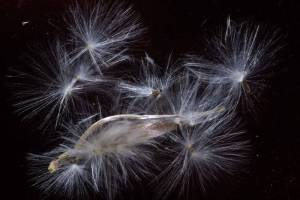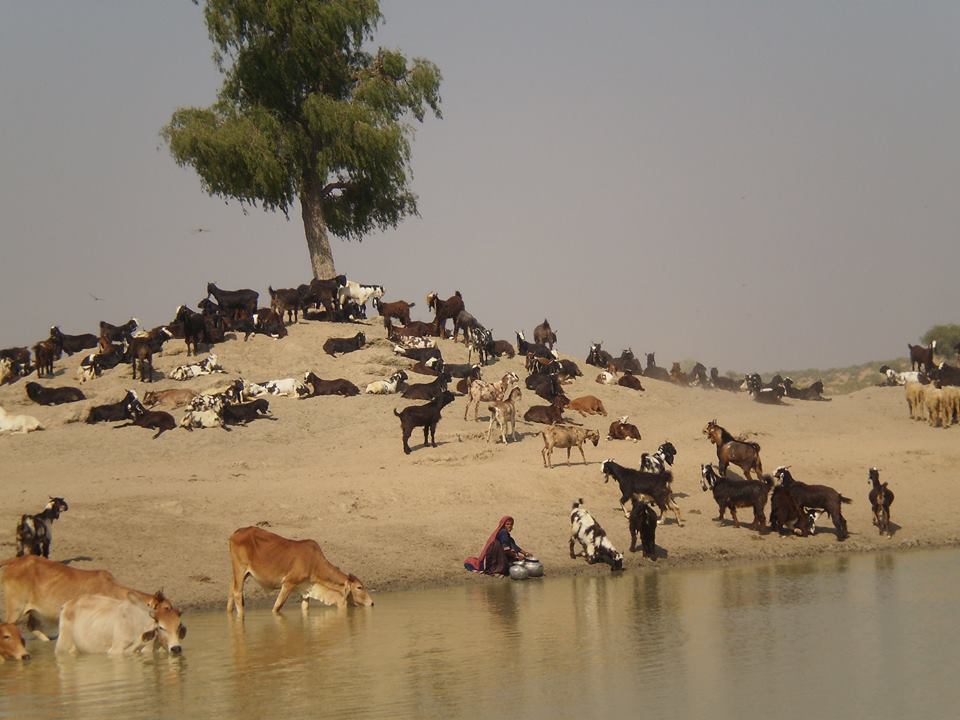Sharing Knowledge is a Key
This Blog is Composed of the Discussion between the Author and a European traveler/ethnoecologist and farmer.
 Griet Belien introduces her as following
Griet Belien introduces her as following
Hi, thanks for the link. there is always a lot of interest and pleasure in sharing ideas and information, it is even, as you well know, the best basis for acquiring knowledge, apart from the field of course. So I read your posts with pleasure, it’s a little spice in the dominant platitude of FB I do not have a great knowledge of Camelidae, even if I have been in close contact with them during missions in Mongolia (bactrianus) or the Sahel (dromedarius). I know more about small ruminants (goats and sheep) and much more about equidae. I am now mostly in France, but I try to follow what is being done in terms of pastoralism in sub-desert areas, as well as these ecosystems and their biocenoses
Raziq

Griet Belien
Raziq
Raziq
Raziq

Griet Belien
I know the “Qanat” or “Karez” system, in Iran and much better in the Maghreb, everywhere this system is in great danger, either, as you say, because of the so-called “modern” (standardized productivist) agriculture, or by abandonment when water supplies are provided in the villages. They have the advantage of bringing water to the street or home (and this is a relief for women) but the consequences are on the one hand the creation of fixed charges, often for the benefit of private companies, because this water is not free and fixed charges are a scourge for populations with low monetary income, and on the other hand, the abandonment of the maintenance of these traditional systems which often provided water of good quality.
concerning invasive species (and also invasive alien species), I note everywhere these same problems with sometimes exponential developments
Raziq
Raziq
